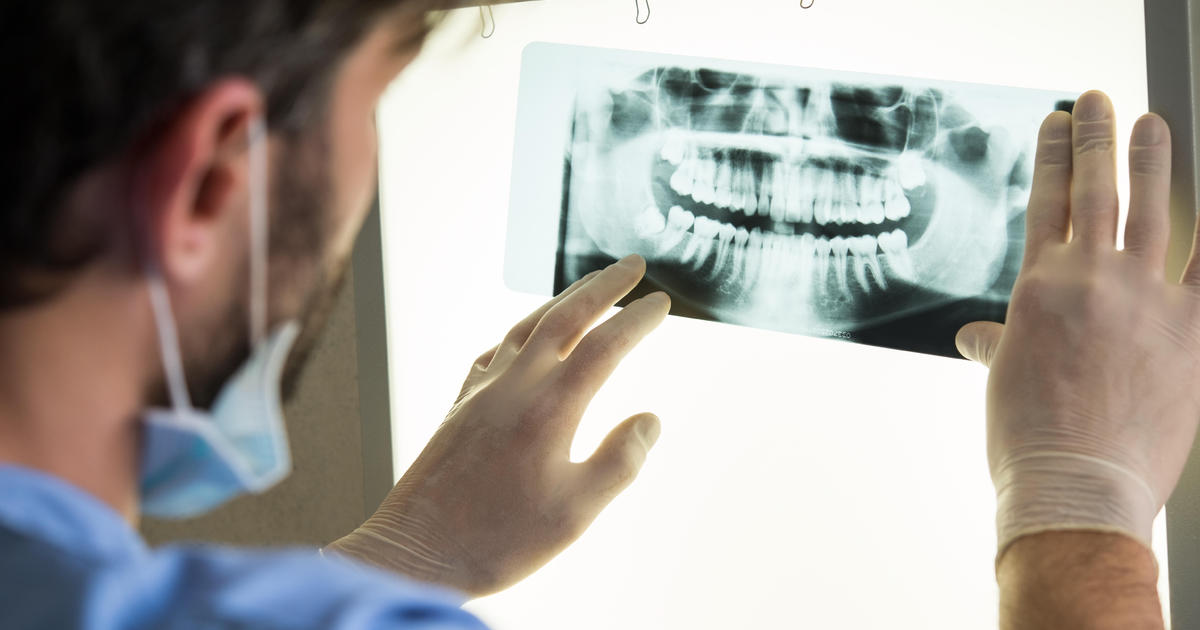Health Risks Of Dental Implants
Nerve Damage

Nerve complications will occur if the dentist is inexperienced. However, a skilled implant expert will be able to find any issues when they check the X-rays and CT scans and minimize the chances of damage. It is more likely to occur when the surgery occurs in the lower jawbone because there is a nerve that runs along the lower jawbone called the inferior alveolar nerve. Nerve damage can happen when the implant is placed too close to it.
If patients feel pain, numbness, or a tingling sensation, they may have nerve damage. These symptoms may be present in the facial areas such as the cheek, chin, lips, or tongue, as well as in the gums. Nerve damage may be temporary, but patients may also need to have the dental implant extracted as well.
Sinus Problems

Sinus problems are more serious when it is perforated. The sinuses are located above the upper teeth, called the maxillary sinuses. Sinus perforation is when the dental implant is placed on the upper jaw and pierces through the sinus. Patients will notice pressure in their sinuses or a stuffy nose. Though piercing through the sinus sounds serious, it is generally easy to fix with a collagen membrane. The tissue can often heal on its own depending on the size of the perforation. However, the risk is only a bad sinus infection, though the dental implant may need to be removed to properly fix the area and repair the perforation. The CT scan will ensure the sinus has not been perforated.
